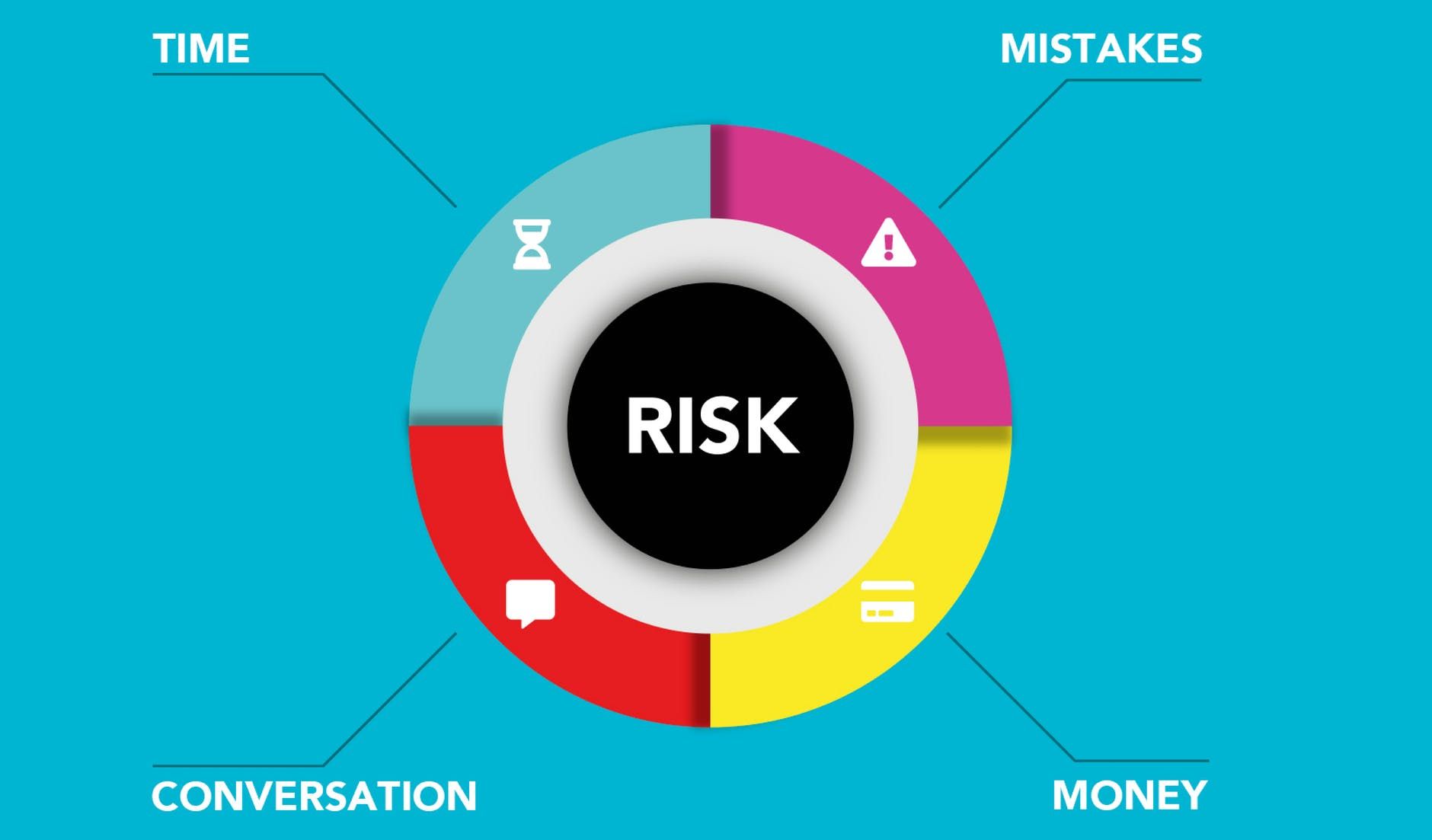Reasons to be cheerful
Gabor Balint • 8 June 2020
An acknowledgement of the power of relativity and emotions

Don’t worry, I didn’t suddenly abandon the realm of finance and de-camp to science. Mind you, given how much ‘being guided by science’ became the vogue recently for those wanting to avoid a personal decision (particularly for politicians), it would not be unreasonable for me to find it irresistible to talk about Einstein. So, slightly hijacking that theory of relativity, let’s move on to financial literacy and perception of relative values.
I have to admit, upfront, that I tend to underplay the relative, comparative positioning of personal finance decisions and favour a ‘this is the right thing to do’ decision regardless of peer pressure or relative values. This is probably because I still haven’t been able to lose all of that ideological, naïve approach that seeps into your psyche over the first 20+ years when growing up in a place where there is a single, state-directed source of truth on everything and you are required to follow it. I would like to think, though, that I have made good use of the next 30 years in Western Europe, absorbing its more liberal, pluralistic and individual approach, developing an understanding that emotions and relative values are often integral components of decisions that are made in a variety of ways.
I was reminded of this in two extreme examples. One was someone who, having previously squandered quite a lot of money and was now at the mercy of the state, spoke with a bit of schadenfreude about people who were losing money in the COVID-19 induced market turbulence and job furloughs and was looking forward to governments introducing punitive taxes on those who were still relatively well-off. It seemed they had a perspective of ‘well, I am down, so I will take pleasure in your fall’. I found this quite upsetting in my ‘right thing to do’ mode but then realised that there is another perspective: the relative view. You see, from that perspective, the picture is entirely different: to lose money and be on furlough or pay more taxes is certainly not something most of us would voluntarily choose. Nevertheless, relatively speaking, if you retain part of what you had before, still get paid in your job, are not at the mercy of someone else’s handouts and can afford to pay the new taxes, whatever they may be, you are a million times better off than the bitter person wishing your downfall. You still have something. They still have nothing. The relative view literally couldn’t be better.
Losing some of the whole is painful, yes, but what’s left is still more than nothing and the relative perspective amplifies the spotlight on all the decisions you and the other person took to get to your respective positions. In this situation, faced with someone taking pleasure in your fall you can allow yourself a smidgen of that other unattractive attitude: smugness. The knowledge that your longer-term, consistent personal decisions have led you to a place where you can weather the storm, emerge - though not unscathed - still in a relatively good place, is a first class advert for relativism and for allowing your emotions a dance to your happy song.
The other light-bulb moment came to me as I was reading about ancient Greek philosophy, Epicurus and, also, the early establishment of Stoicism. The combination of key elements of these two offers plenty of reasons to be cheerful and provides a perfect counterpoint to the greedy, resentful version of relativity when considering our relationship with money. Combining the teachings of Epicurus with the stoic idea of virtue leads us to focus on our emotional experiences alongside our capacity for reason. Being aware of how things make us feel also allows us to replace negative emotions with positive ones, develop a balance of our desires, recognise contentment, find purpose in our actions and focus on doing things well.
Recognising how to take the relative perspective that makes you feel least anxious and most content is a step towards a better decision. This type of conscious relativity will enhance your confidence and strengthen the link between your emotions, reasons, causes and outcomes. It will also enable you to disregard the perspective that leads to toxic personal decisions with detrimental financial consequences. And that is one great reason to be cheerful, happy and financially literate.









